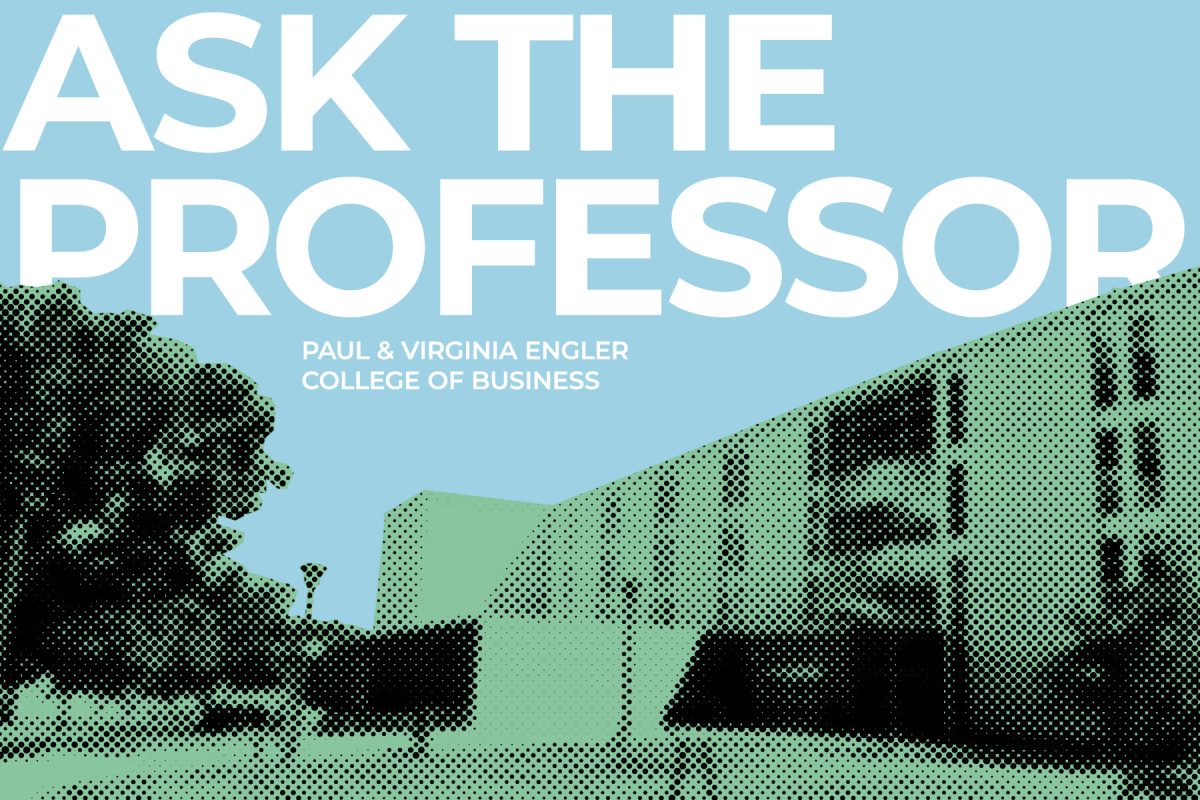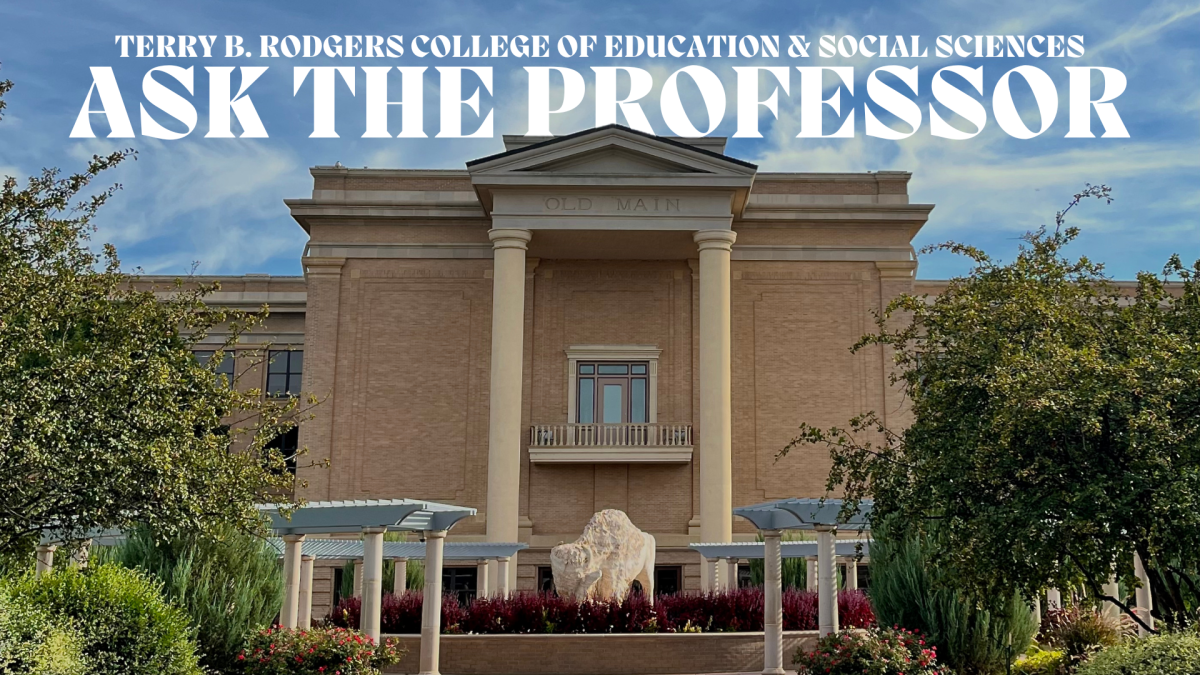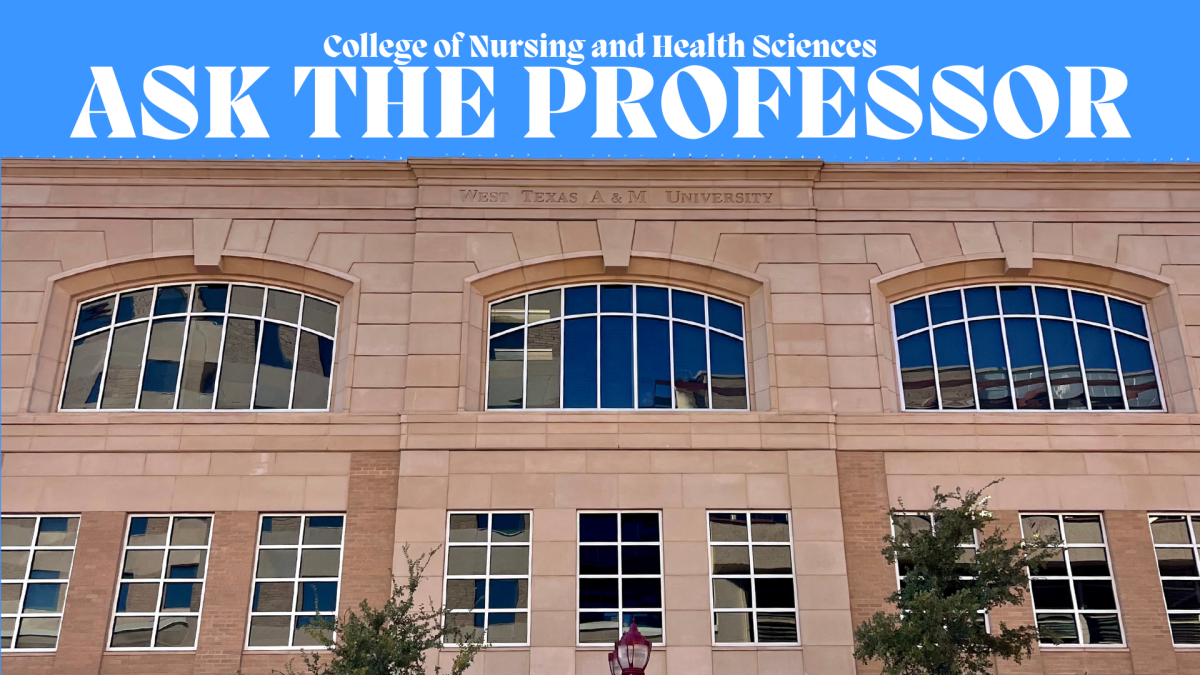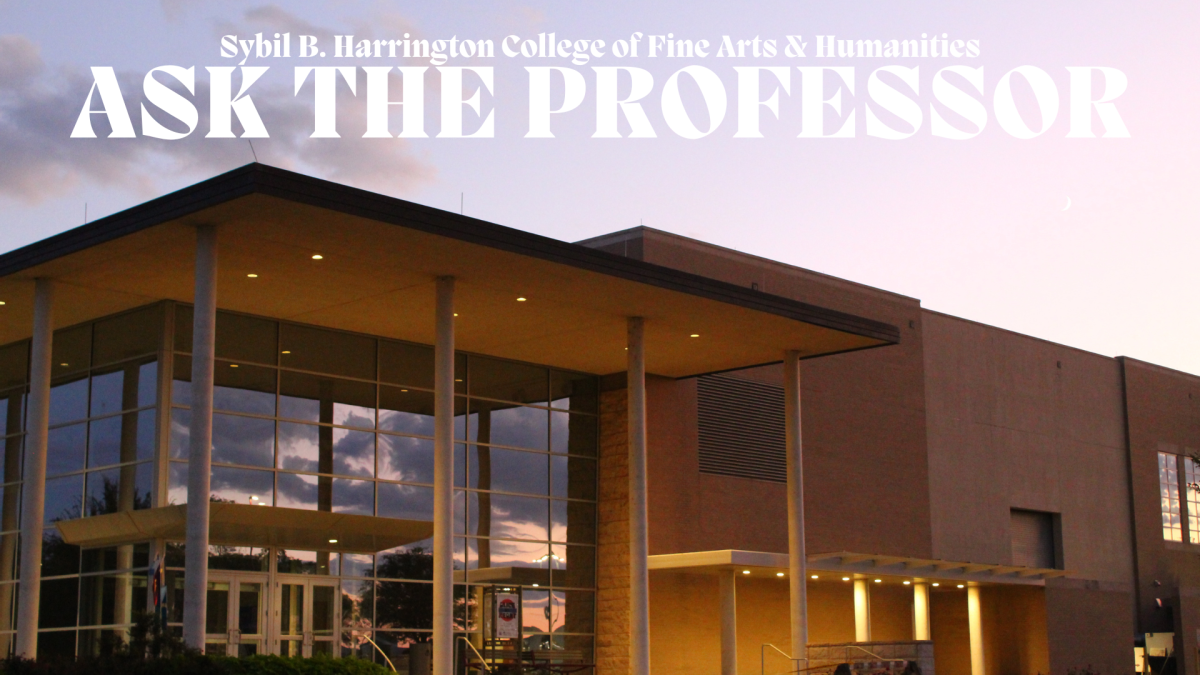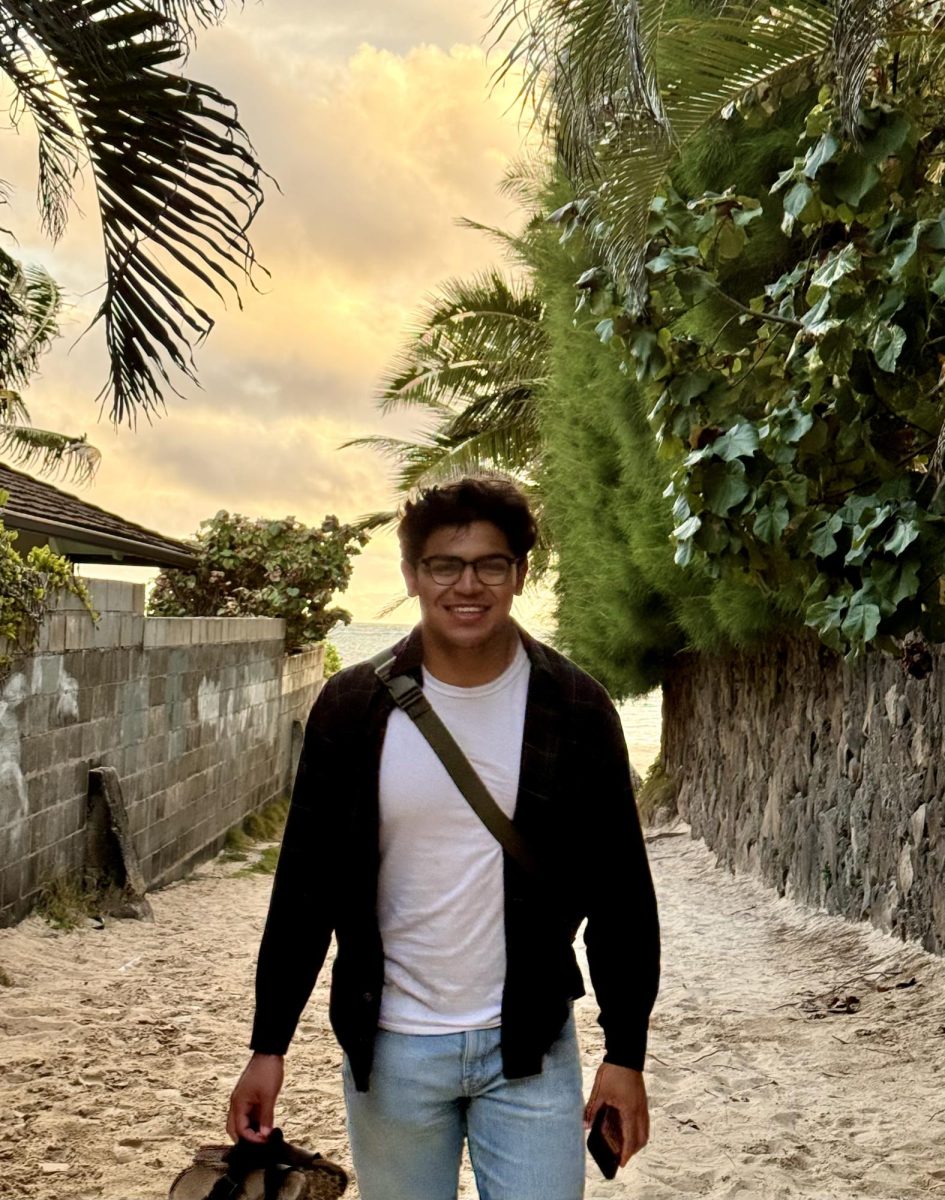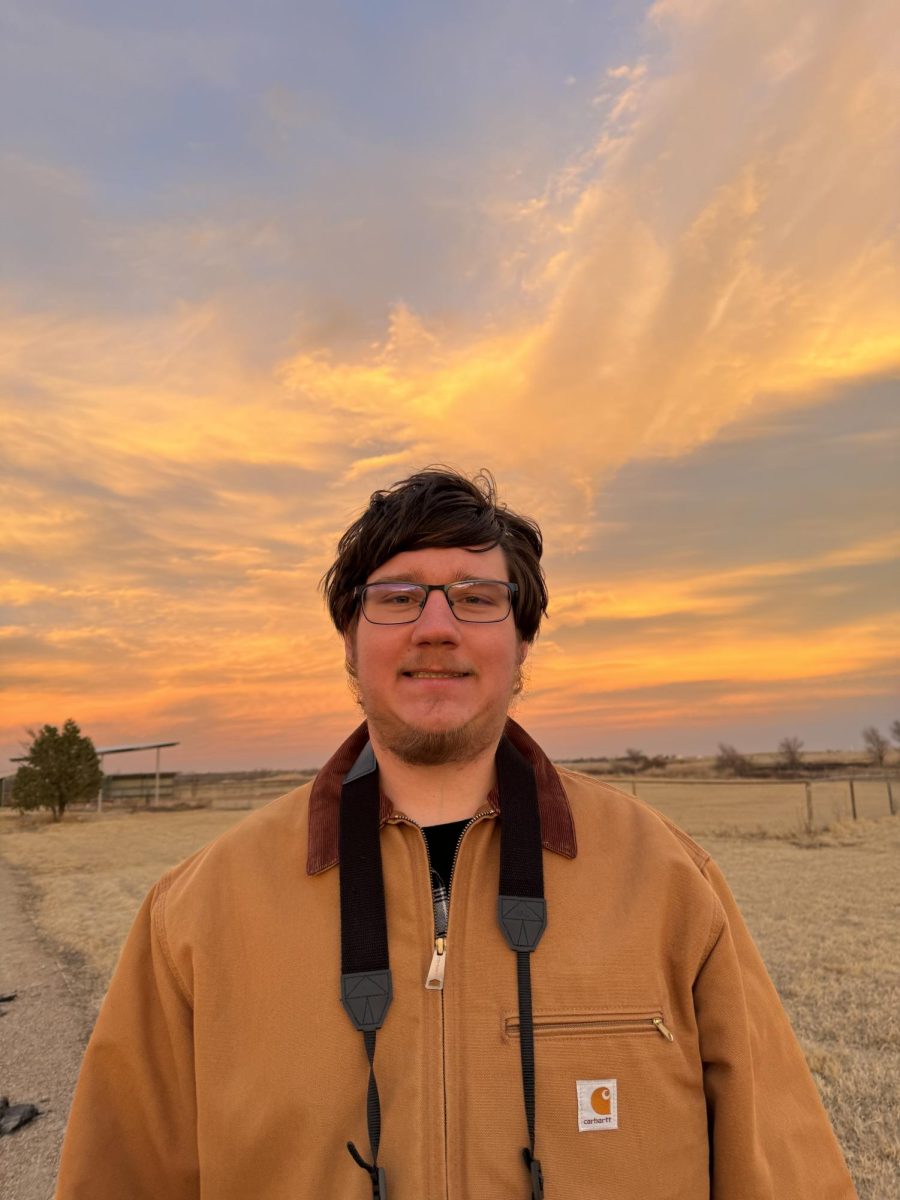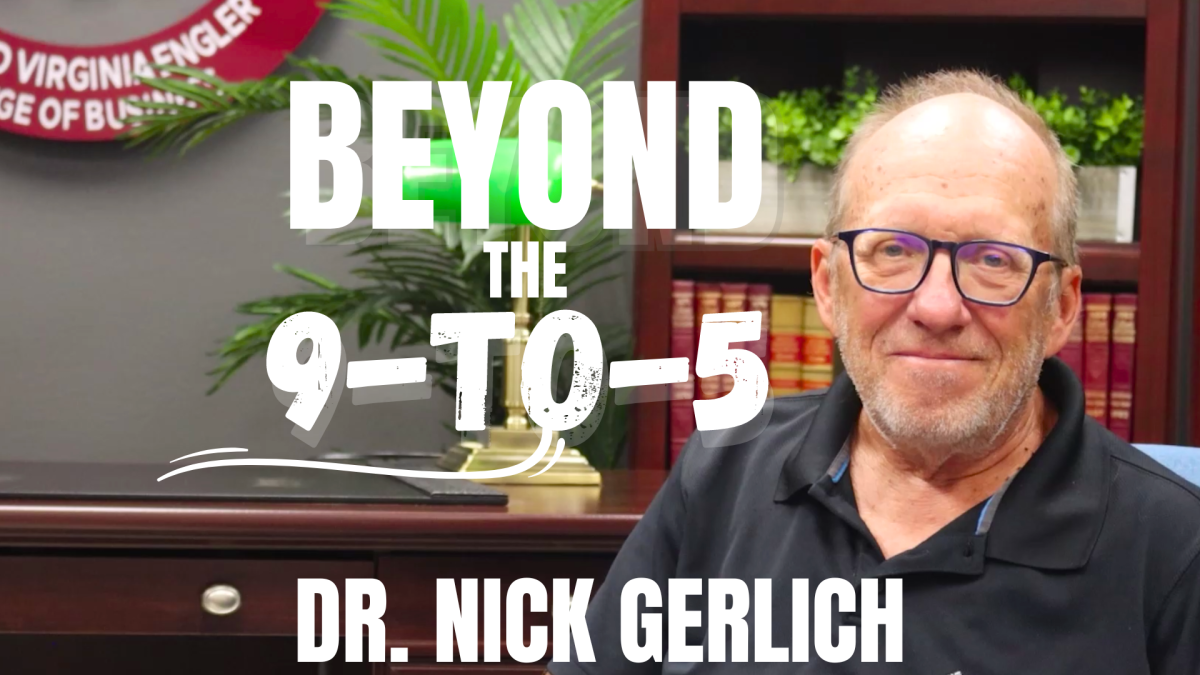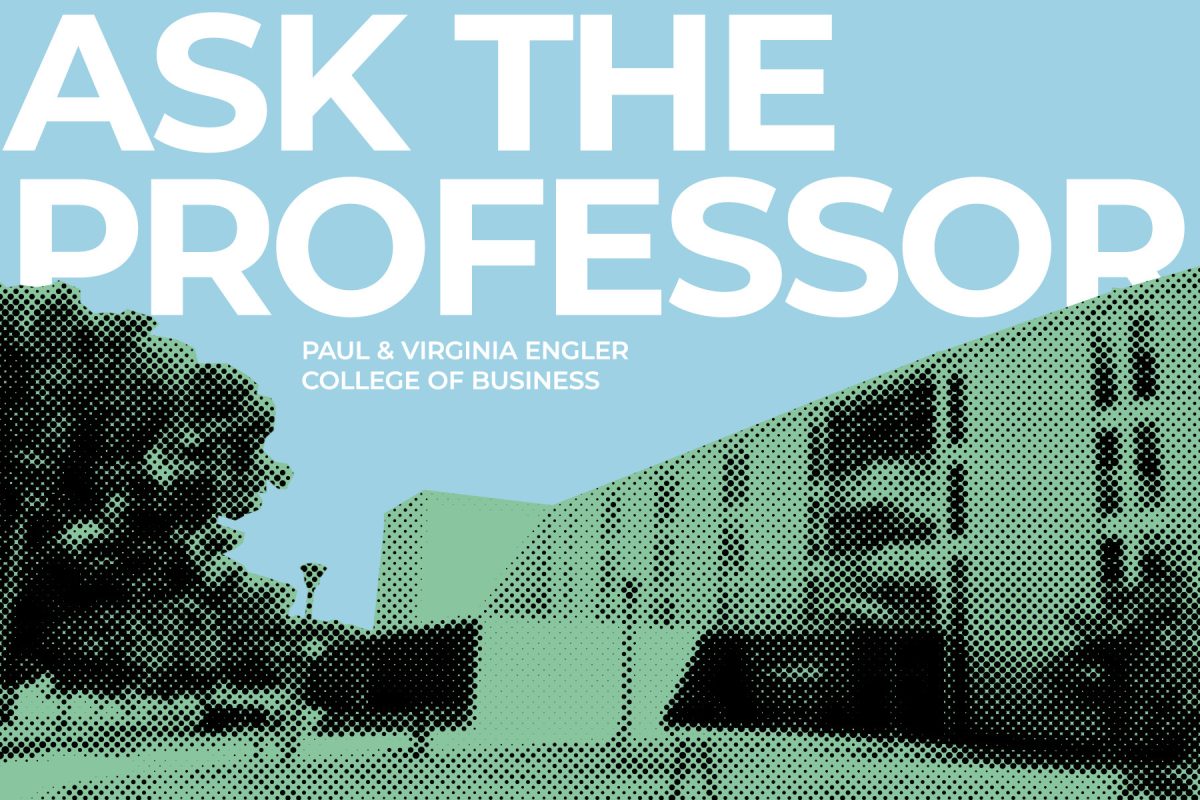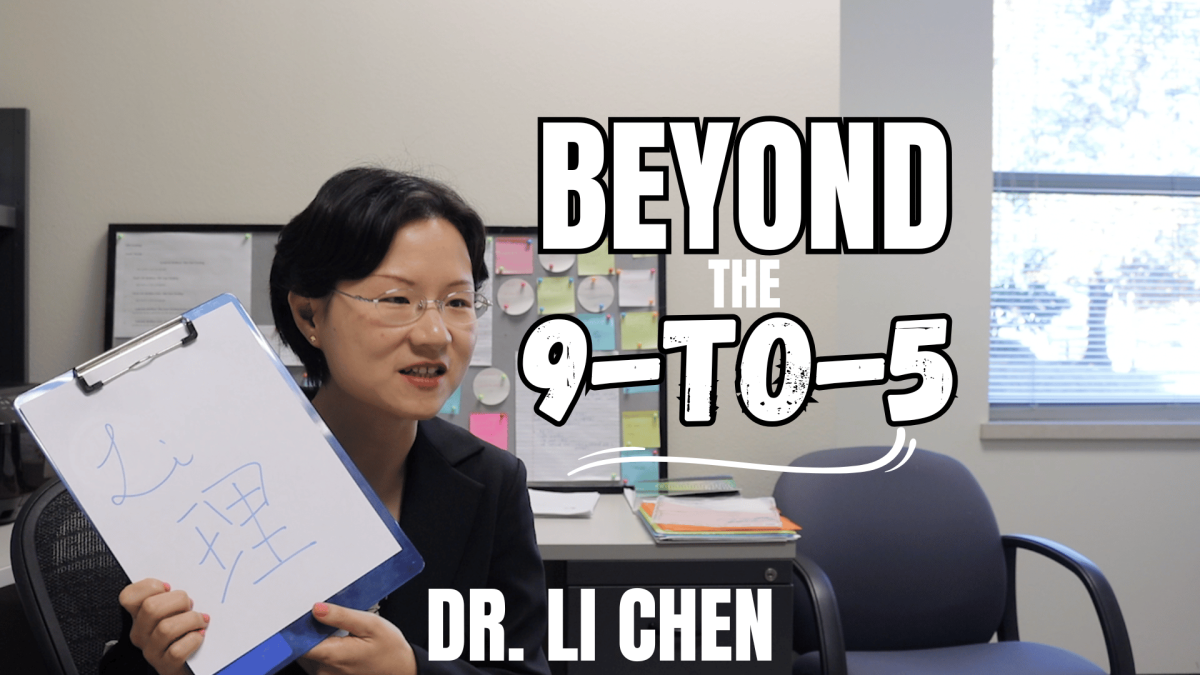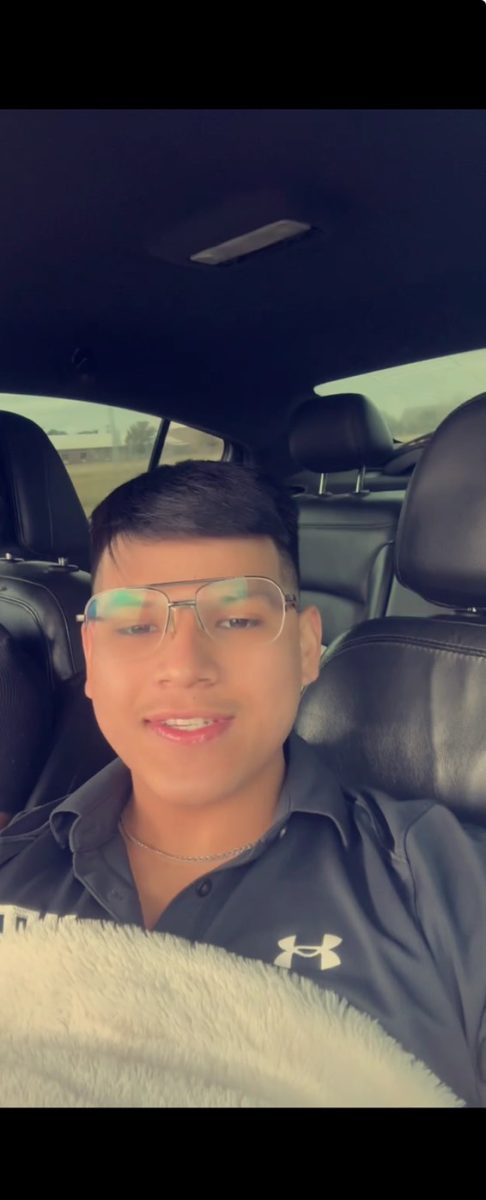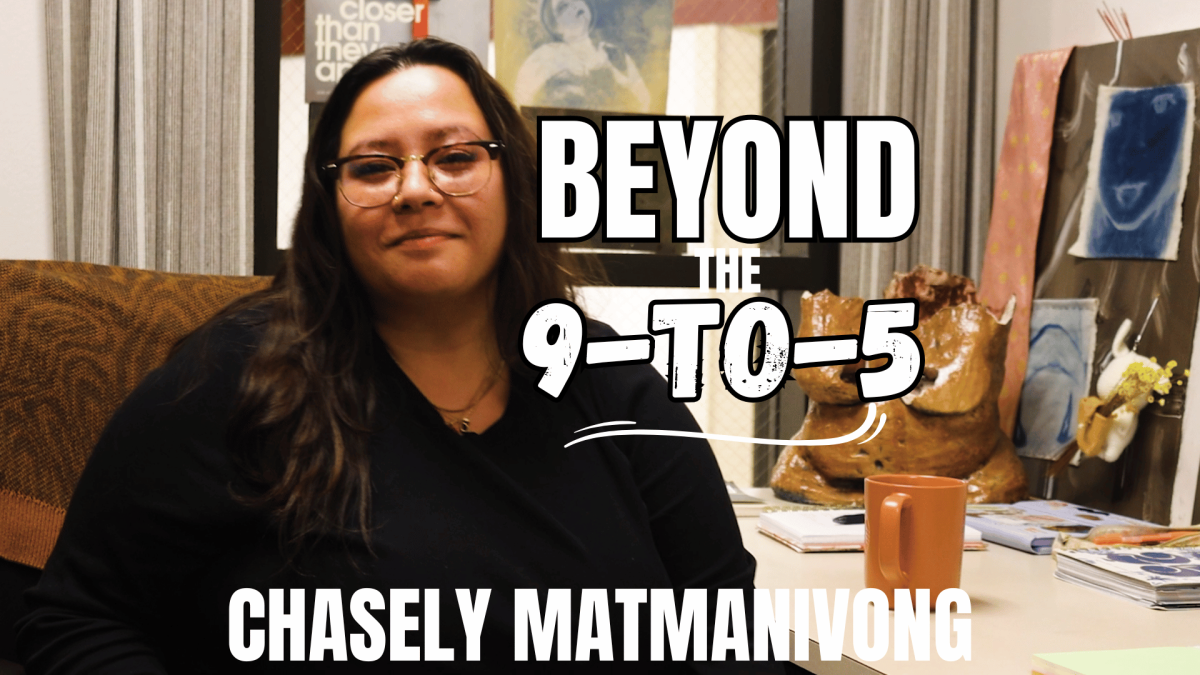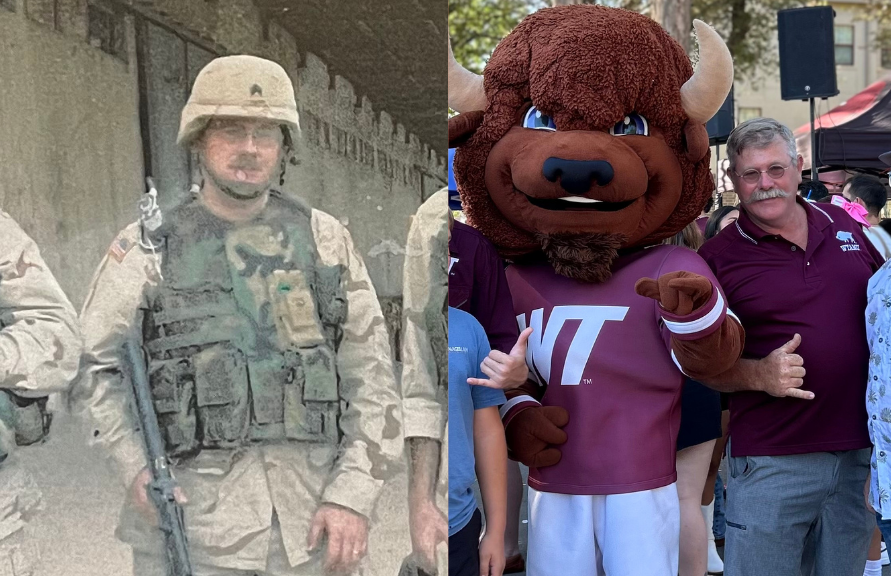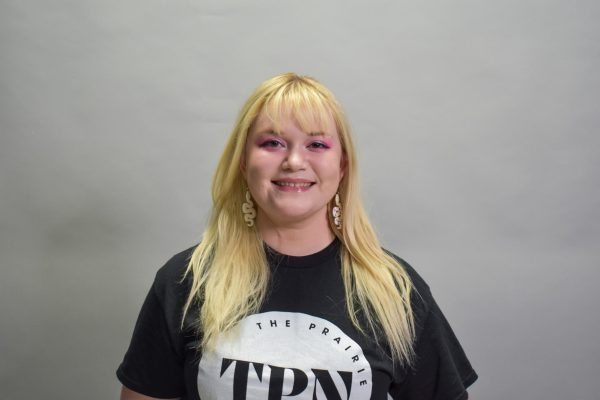Clinical Assistant Professor of Business Law Dr. William Biggs teaches health law, business law and ethics in accounting at the Paul and Virginia Engler College of Business. Prior to joining West Texas A&M University, Dr. Biggs was a practicing attorney in commercial litigation and health law.
Dr. Biggs didn’t decide between psychiatry or law until his sophomore year at the University of Texas.
“And, of course, I had been in speech and debate as a high schooler; I had always had law as one of my top options,” Dr. Biggs said. “But that was the deciding factor, was you know, with a psychology degree, it was either, you know, prep for the MCAT, go into psychiatry, or lean the other way and go into law. It wasn’t like I was picking whatever was easiest; it was picking as between just the two options that I knew the most about.”
At Dr. Biggs’ first law practice after law school, Mullin Hoard & Brown LLP, he spent over five years working on a case on behalf of the Federal Deposit Insurance Corporation (FDIC). The FDIC pays out depositors when a bank fails and sues the parties responsible for the bank’s failure to recover that money.
“It took a few years to get it geared up to the point where we were ready to even file a suit,” Dr. Biggs said. “It took about five and a half years from the point that our suit was filed to the time that we went to trial. And I would say that a little under 50% of my total time in that 5 years was just that one case, which is fairly normal for an associate at a mid-sized law firm.”
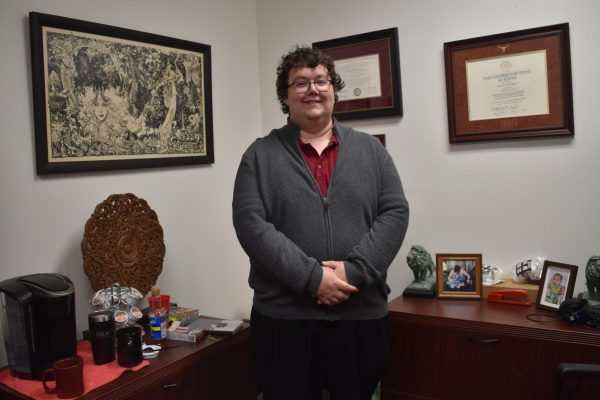
In Dr. Biggs’ ethics in accounting class, he tells his students that someday, “someone will roll up what feels like a wheelbarrow of cash.” Dr. Biggs uses real-world examples to teach students why they need to reject the wheelbarrow.
“And no matter what kind of person you are, what philosophy you take on life, and society and duty and ethics, I need you to turn them down,” Dr. Biggs said. “Whether you are a hedonist who is only interested in your own self-interest, I need to convince you that it is in your self-interest to turn the money down.”
Dr. Biggs said teaching health law now looks different from teaching health law before the coronavirus pandemic.
“Post-pandemic, it’s now obvious that you know, none of us were prepared to teach that in part because so much changed so quickly,” Dr. Biggs said. “In the early days of the pandemic, it wasn’t super clear who had authority to issue what kinds of orders. There was a lot of pushback from people on things like masks or stay-at-home orders where people felt there was a civil liberty interest in threat. So, yes, we do have to change a lot about what we teach post-pandemic because we now need you to know more about what sorts of cases succeeded or did not succeed during the pandemic in protecting those liberty interests or balancing them against the lawful authority of public health officials and governors to issue health care orders.”
Dr. Biggs recommended that students take advantage of professors’ office hours to build their references.
“I can write a letter of recommendation based on a student’s conduct in my class, but it will be way more accurate and glowing if that student has accessed office hours at some point and gotten to know me,” Dr. Biggs said. “So, my tip for success in life is find the professors that you connect with outside of the classroom, go to their office hours, and get to know them even if it’s just a few 10 or 20-minute sit-downs. Because those connections are more valuable than anything that I can actually teach you lesson-wise.”



